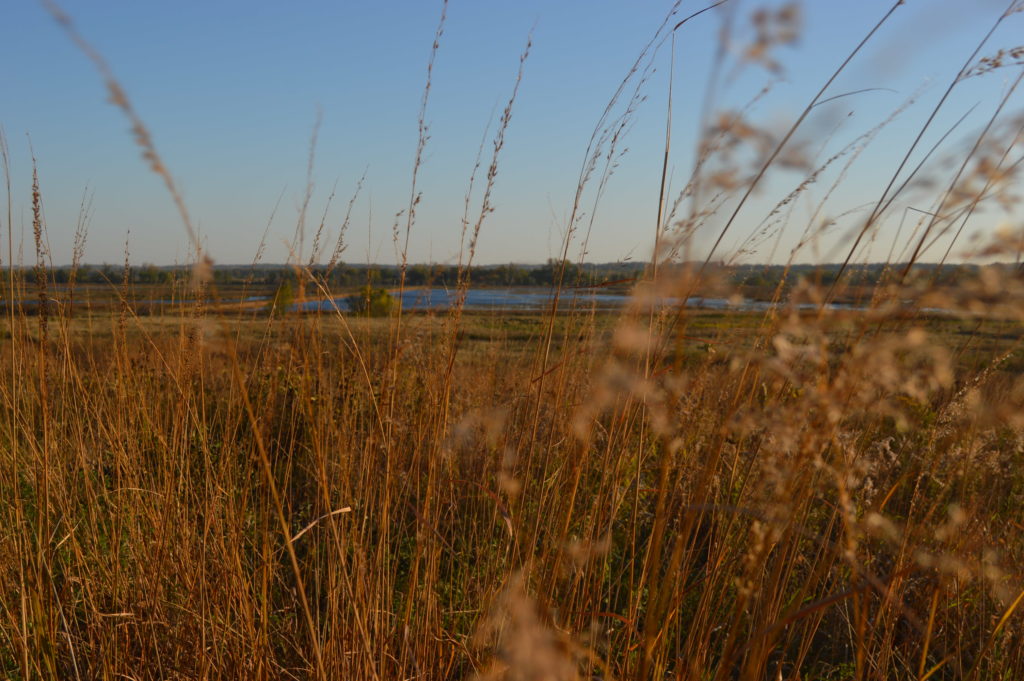
A Missouri resident undergoing treatment for the brain-eating amoeba known as Naegleria fowleri — likely contracted at an Iowa lake — has died.
The Iowa Department of Public Health did not respond to a request about the case, but the Missouri Department of Health and Senior Services confirmed the patient had died.
“Unfortunately, the patient died due to Primary Amebic Meningoencephalitis (PAM),” Communications Director Lisa Cox wrote in an email. “While the occurrence of Naegleria fowleri infection is extremely rare, once infected it is usually fatal. Of the 154 known cases of PAM in the United States over the past 60 years, sadly only four have survived. More information on these cases can be found here: https://www.cdc.gov/parasites/naegleria/treatment.html
“Because these cases are so incredibly rare and out of respect for the family, we do not intend to release additional information about the patient which could lead to the person’s identification,” she added.
Last week, the Iowa Department of Public Health announced that the beach at Lake of Three Fires in Taylor County, Iowa, would be closed temporarily for swimming. Taylor County is in southwestern Iowa, north of the Missouri border.
“The closure is a precautionary response to a confirmed infection of Naegleria fowleri in a Missouri resident with recent potential exposure while swimming at the beach at Lake of Three Fires State Park,” the department noted on July 8. “Testing to confirm the presence of Naegleria fowleri in Lake of Three Fires is being conducted in conjunction with the CDC and could take several days to complete.”
Read on for more from the department:
Naegleria fowleri is a microscopic single-celled free-living ameba that can cause a rare life-threatening infection of the brain called primary amebic meningoencephalitis (PAM). The ameba is commonly found in warm freshwater such as lakes, rivers, and ponds; however, PAM is extremely rare. Since 1962, only 154 known cases have been identified in the United States. No additional suspected cases of PAM are currently being investigated in Missouri or Iowa.
While Naegleria fowleri can be present in any body of warm freshwater across the United States, infections as a result remain rare. Infection by Naegleria fowleri can occur if water containing the ameba enters the body through the nose. The Naegleria fowleri ameba then travels up the nose to the brain where it destroys the brain tissue. This infection cannot be spread from one person to another, and it cannot be contracted by swallowing contaminated water.
People can take actions to reduce the risk of infection by limiting the amount of water going up the nose. These actions could include:
- Hold your nose shut, use nose clips, or keep your head above water when taking part in water-related activities in bodies of warm freshwater.
- Avoid water-related activities in warm freshwater during periods of high-water temperature.
- Avoid digging in, or stirring up, the sediment while taking part in water-related activities in shallow, warm freshwater areas.
(These recommendations are best practices but not based on scientific testing since the low numbers of infections make it difficult to show effectiveness.)
While this infection is extremely rare in the United States, people who experience the following symptoms after swimming in any warm body of water should contact their health care provider immediately:
- Severe headache.
- Fever.
- Nausea.
- Vomiting.
- Stiff neck.
- Seizures.
- Altered mental status.
- Hallucinations.
For more information about Naegleria fowleri, visit the CDC’s webpage.

No Comments Yet